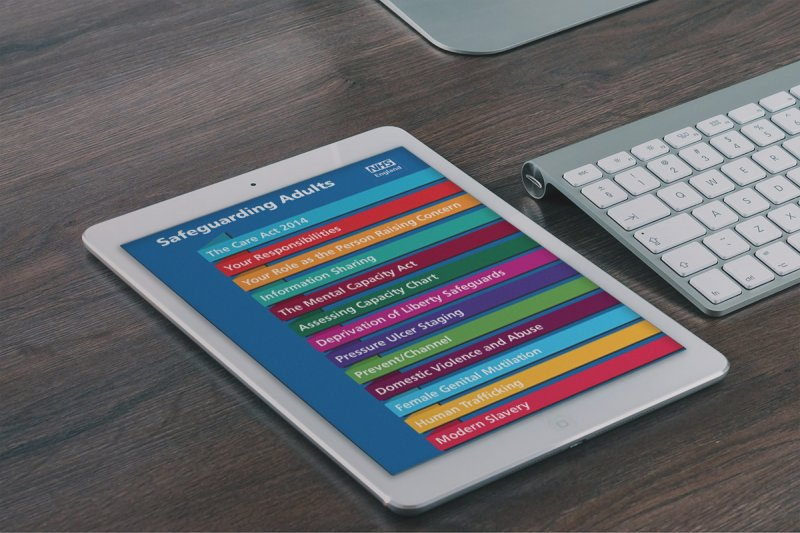What is Safeguarding?

Safeguarding refers to the process of protecting vulnerable members of society from abuse and neglect.This means making sure their well-being, health care, and human rights are all being looked after to a high standard. Vulnerable members of society are: Children: This counts as anyone under the age of 18. Vulnerable adults: This is a person […]
How do I measure the effectiveness of training?
It’s easy to rely on data alone when it comes to measuring the effectiveness of your training program. However, in this illuminating clip, Learning Design Director, Stacey, explores how employee behavior is the real key to understanding just how effective your learning intervention has been. Learning points: What data is useful for measuring training success […]
What is Safeguarding Children?

What is Safeguarding Children? Safeguarding refers to the process of protecting vulnerable children and adults from neglect and abuse by providing safe and effective care. Anyone under the age of 18 years old classes as a child, and can become a victim of abuse and neglect. Child Protection is part of safeguarding process in protecting individual […]
What is Safeguarding Adults?

Safeguarding Adults policies and procedures are intended to protect ‘adults at risk’. An adult at risk is someone aged 18 years or over who is (or may be) in need of community care services by reason of mental or other disability, age or illness, and who is (or may be) unable to take care of him […]
What is Mental Abuse?

Abuse is when someone is being deliberately hurt by someone else. This could be one single act or something that takes place over a prolonged period of time. Safeguarding refers to the process of protecting vulnerable members of society from different types of abuse that can occur. There are a number of different types of abuse, with […]
What is Financial Abuse?

Abuse is when someone is being deliberately hurt by someone else. This could be one single act or something that takes place over a prolonged period of time. On hearing the term “abuse”, something more physical comes to mind for many people, but financial abuse cannot be forgotten when it comes to the subject of safeguarding. […]
What is Child Abuse?

Child abuse is when an individual under the age of 18 is being deliberately hurt by someone else – whether that’s an adult or another child. This could be one single act, but for children, more often than not it tends to happen over a period of time. Safeguarding refers to the process of protecting children […]
What is Abuse?

Abuse is when someone is being deliberately hurt by someone else. This could be one single act or something that takes place over a prolonged period of time. Safeguarding refers to the process of protecting vulnerable members of society from different types of abuse that can occur. Anyone can be a victim of abuse, but the vulnerable […]
How to Report Abuse

If you think you, or someone you know, are being abused or neglected you should tell someone you trust. This could be anyone from a friend, a teacher, a family member, a social worker, a doctor, or a police officer. Ask them to help you stop it, report it or make a complaint – taking […]



